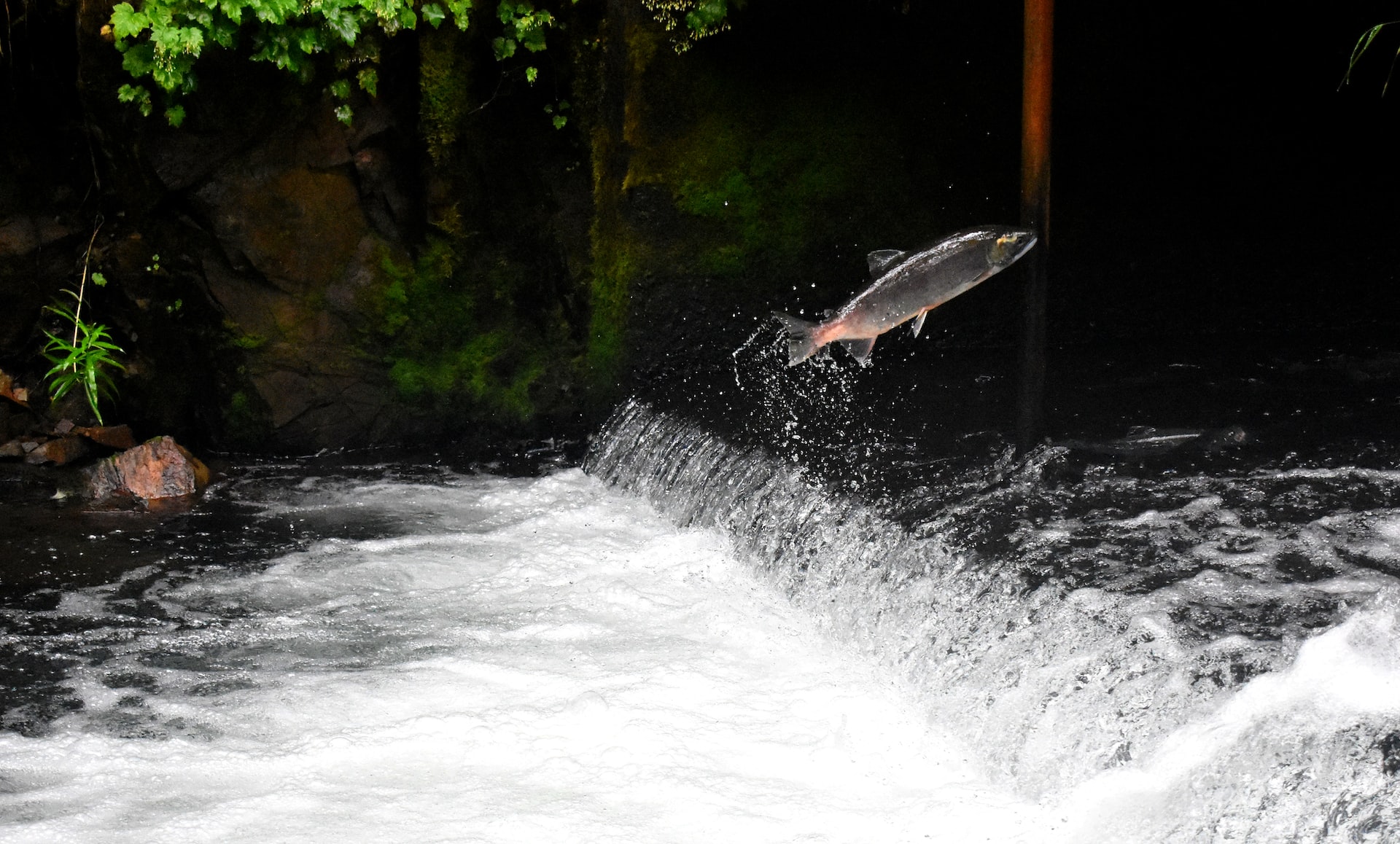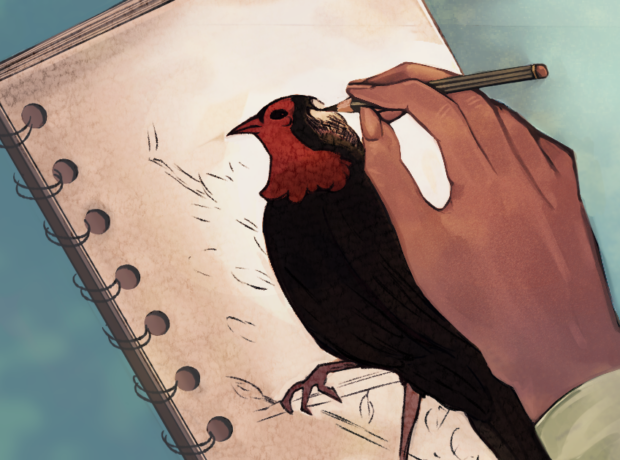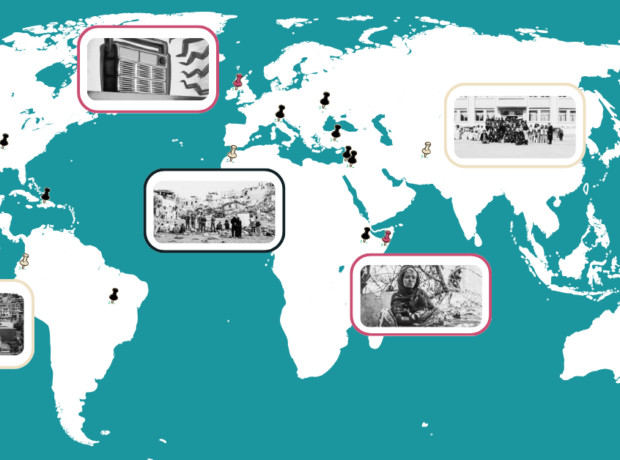In our latest episode of Spoken Earth, David Abram explores how phonetic language interferes with the intimate connection between human communication and the “more-than-human world” and how we can use oral storytelling to rethink childcare, climate catastrophe, and masculinity.
“The deliciousness of being a body – of ‘having a body’ we say, but I think of being an embodied creature, as we are – is that our body is a variant of every other body in the landscape that we encounter.”
David Abram was raised on Long Island. As a boy he was already fascinated by the outdoors, and as a teenager, he became interested in magic when a magic shop opened its doors in a nearby town.
In magic, he found a way of creating that same sense of wonder in others that he felt when he himself was entranced by the natural world.
He was hooked. He put himself through college performing in restaurants and clubs, and after two years he took a year out to travel through Europe and the Middle East, busking with magic to pay his way. His next trip was through South East Asia – Sri Lanka, Indonesia, Nepal – looking to meet traditional indigenous magicians. In the beginning, he was interested in how these characters used magic in their medicine as a way of promoting healing, but the more time that he spent with them, he became increasingly interested in the relationships these practitioners had with what he calls the “more-than-human” world, their animist view of the earth.
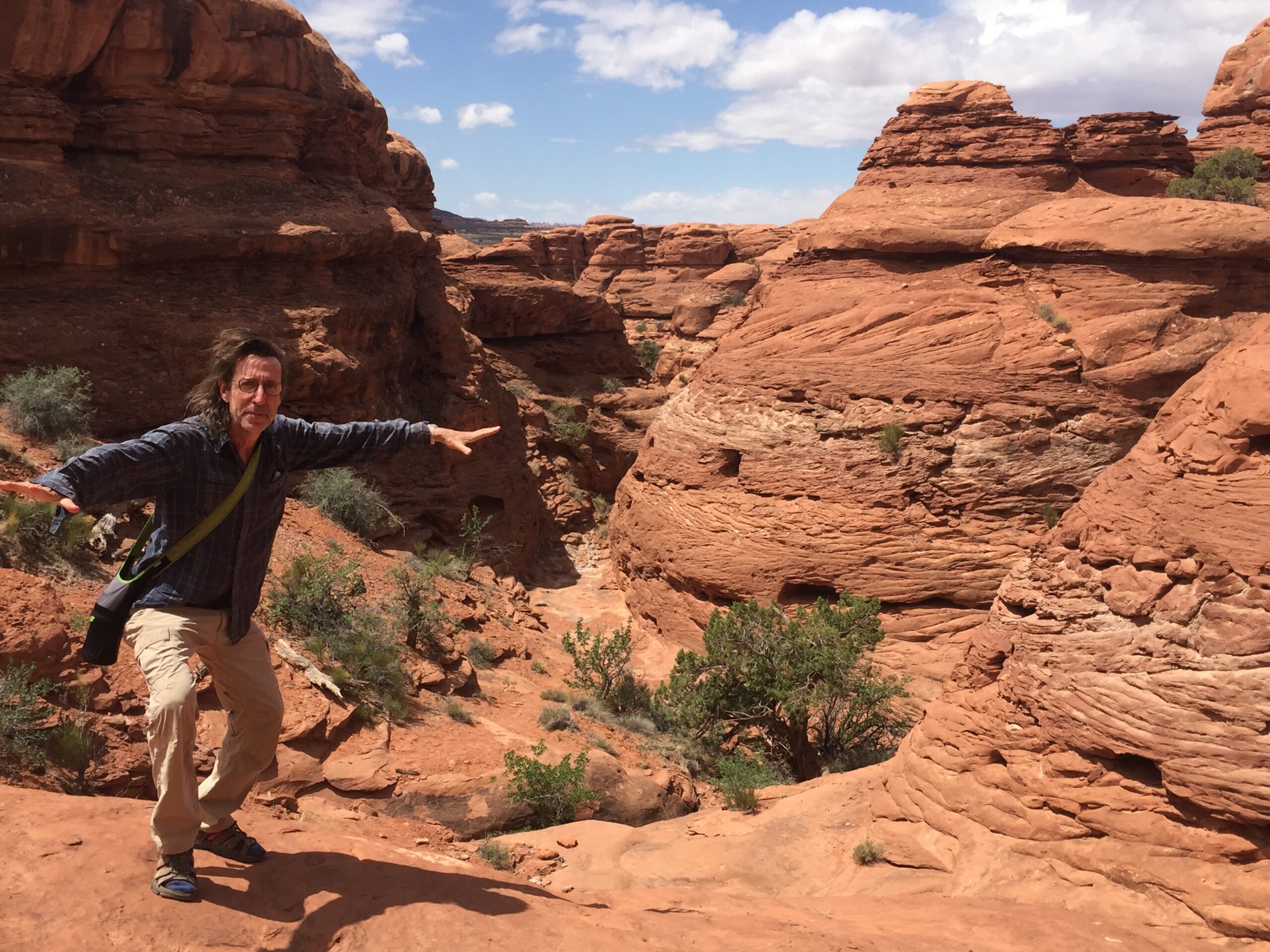
These experiences all contributed to his 1996 work, The Spell of the Sensuous. It is a dazzling book, both in its subject matter, which explores philosophically and experientially how we have cut ourselves off from this more-than-human world, why that matters, and how to reawaken our senses to reclaim our place as part of this living, breathing planet, and in the very way that Abram has of writing, of telling stories: it is a powerful, visceral experience that completely blew open how I saw my place in the world. I have a vivid memory of walking outside after having finished a chapter and hearing birdsong as though for the first time, as though the birds were talking directly to me.
His writing is indeed a kind of magic, and the slippery power of the alphabet and the written word is one of the subjects which is close to his heart.
In this far-reaching conservation, we explore his work and his thinking, and how that thinking has developed to tackle our relationship with our modern, digital age.
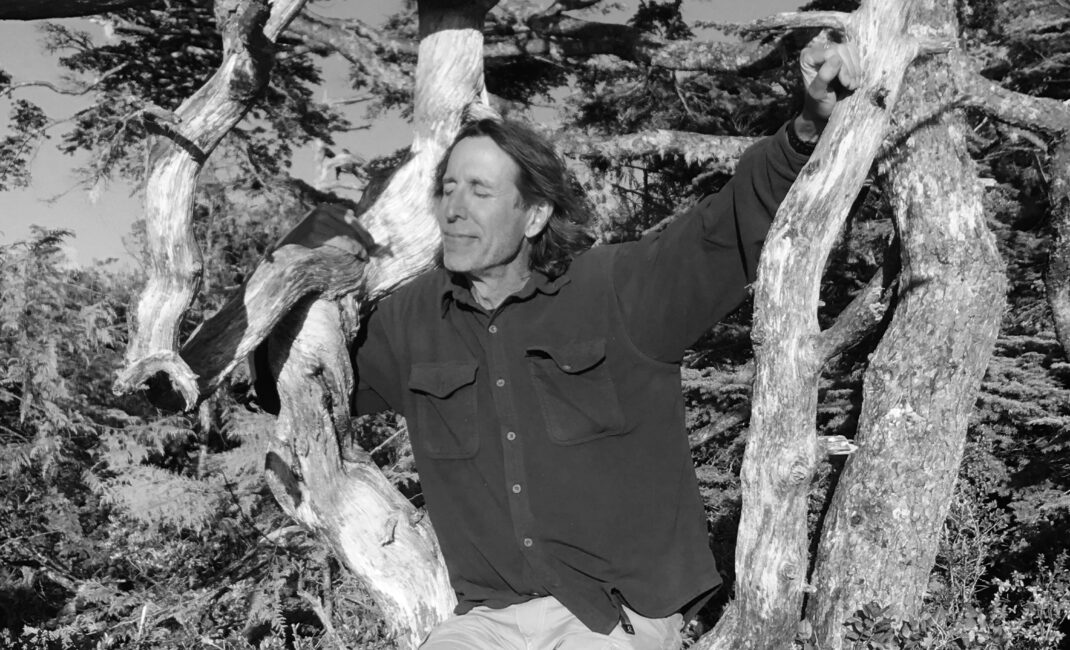
Find out more and listen to the episode here.
This is the latest in our Spoken Earth podcast. Find more interviews and episodes here.
Read More:
- 7 in-depth interviews with leading environmental thinkers
- INTERVIEW: Suzanne Simard talks forest ecology, toxic masculinity and the taste of soil
- 11 environment podcasts that tell the story of climate change
Featured image by Drew Farwell via Unsplash
